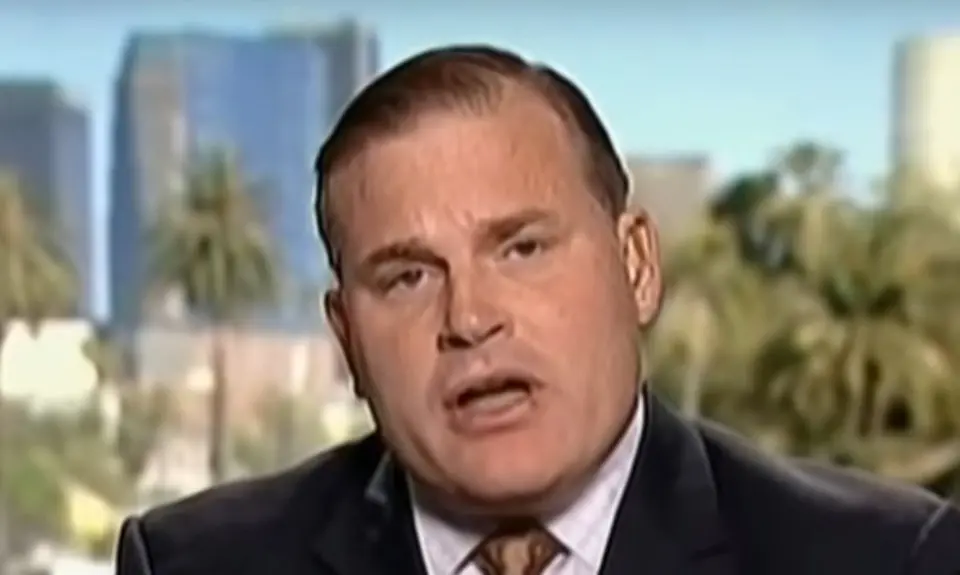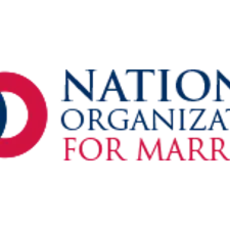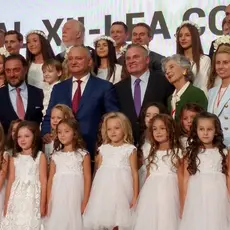Americans of all political stripes shared messages on July 4 celebrating Independence Day and the freedoms Americans enjoy, including the right to dissent against those in power. The message from Religious Right leader Brian Brown was a good example of freedom the way the Religious Right defines it: freedom for people to do “as they ought” according to Brown’s assertion of God’s law.
Brown heads the anti-LGBTQ-equality organizations the National Organization for Marriage and the International Organization for the Family, the parent organization of the World Congress of Families. His July 4 message celebrates “the freedoms we enjoy as citizens of this great nation” but then goes on to explain how those freedoms are—or should be in his mind—limited:
When, at the end of the Declaration, the Founders proclaimed the United States’ independence from Great Britain, they claimed those “free and independent” States’ right “to do all… Acts and Things which Independent States may of right do.” There are limits on what a State may “of right” do, just as there are limits on what a person may “of right” do.
In the First Letter of Peter in the New Testament, we are exhorted: “As servants of God, live as free people, yet do not use your freedom as a pretext for evil.” The freedoms we enjoy are not freedoms to do as we would, but freedoms to do as we should.
As defenders of the truth of marriage, we know how important it is to get this understanding of freedom right. In the Obergefell decision, the Supreme Court claimed a freedom to do precisely one of those things which a State may not “of right” do: to redefine marriage as created by God, the unique union of one man and one woman. It enshrined in law a “freedom” for men and women to do as they want rather than the true freedom to do as they ought. It put the desires of adults above the rights of children, and tried to supplant God’s law with a law of human making, thus using freedom as pretext for injustice and wrong.
On this Independence Day, I hope you will join me in recommitting yourself to the cause of freedom, which is nothing less than the cause of Truth, including the truth of marriage. It was not Peter, but the One to whom he committed his life, who outlined this connection between freedom and truth: “You will know the truth, and the truth will set you free.”
Let us thank God that we live in a nation where we are free to do what we should, where that freedom is protected and upheld in our founding documents. And let us ask God for his help in using our freedom not as a pretext for evil, but always in service of the truth on which our freedom is ultimately founded.







